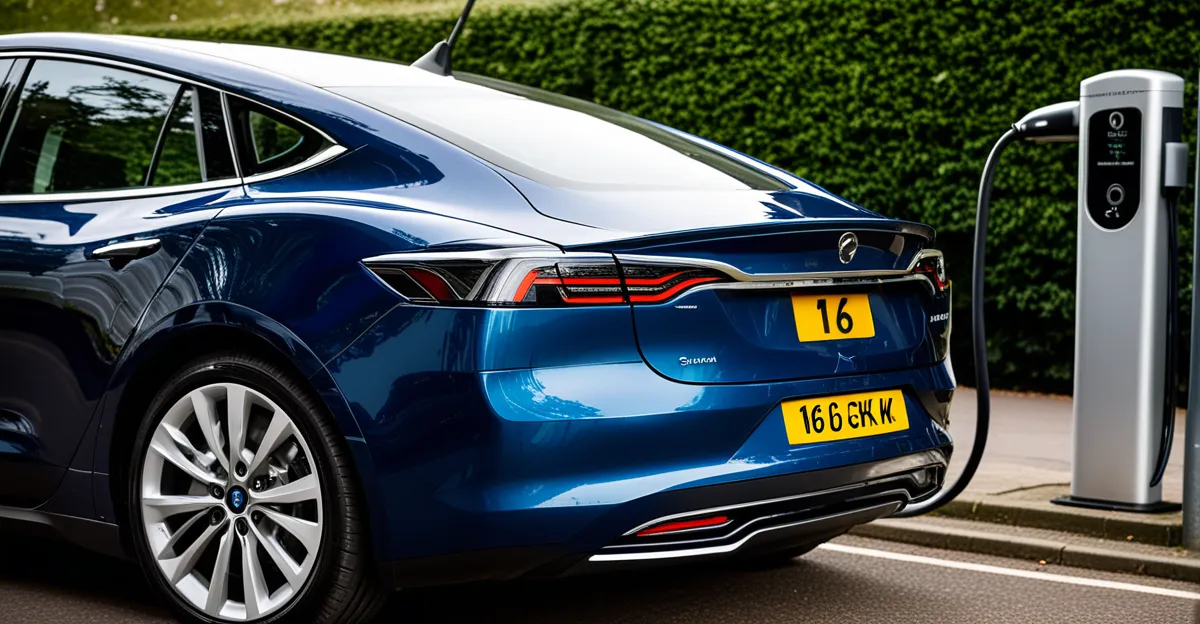Impact of Electric Cars on UK Commuting Patterns
Electric vehicles UK adoption is reshaping traditional commuting habits across cities and suburbs. Traditionally, UK commuters have relied heavily on petrol and diesel cars, public transport, or cycling for daily travel. However, the introduction and growth of electric vehicles have begun transforming this landscape.
Adoption rates in urban areas show a significant increase, particularly where charging infrastructure is accessible. Suburban commuters are also gradually shifting, motivated by lower running costs and environmental concerns. This trend reflects a broader transport transformation toward cleaner, more sustainable mobility options.
Also to discover : What role does AI play in the UK automotive industry’s evolution?
The commuting experience differs notably between electric cars and petrol or diesel vehicles. EVs offer a quieter, smoother ride due to electric motors’ instant torque and fewer moving parts. Additionally, frequent trips with electric vehicles involve lower emissions, contributing to reduced urban pollution. Many find the convenience of home or workplace charging eliminates fuel station stops, streamlining daily routines.
This shift affects not only individual habits but also impacts traffic patterns, parking needs, and urban planning. As more commuters choose electric vehicles UK-wide, expectations for infrastructure and services continue to evolve, signaling a fundamental change in how people travel for work and daily errands.
Also read : What Are the Prospects for Electric Vehicles in the UK Automotive Industry?
Environmental and Health Benefits of Switching to Electric Cars
Exploring cleaner air and healthier lives
Electric vehicles UK are a powerful force for reducing emissions in urban areas. Since EVs produce zero tailpipe emissions, their growing adoption directly cuts pollutants like nitrogen oxides and particulate matter that petrol and diesel cars emit. This shift leads to measurable improvements in air quality, especially in congested city centres where poor air has long threatened public health.
Studies confirm that as more commuters switch to electric vehicles UK-wide, concentrations of harmful airborne particles decline. This cleaner air reduces respiratory and cardiovascular problems among residents and workers exposed daily to traffic pollution. Thus, sustainable transport options centered around EVs foster not just environmental benefits but also substantial public health gains.
The link between electric vehicles UK and improved health is particularly strong in inner-city zones, where dense populations face higher pollution risks. Besides cutting emissions, the quieter operation of EVs diminishes noise pollution, contributing to less stress and better overall well-being.
In summary, increased use of electric vehicles UK encourages a virtuous cycle: fewer emissions lead to better air quality, which supports healthier commuting habits and enhances the quality of life for urban populations committed to sustainable transport choices.
Financial Implications for Commuters Using Electric Vehicles
Evaluating costs and incentives for UK drivers
Electric vehicles UK present a distinct cost profile compared to petrol and diesel cars. While the upfront costs of electric vehicles tend to be higher, long-term savings can offset this initial expense. A significant portion of these savings come from lower fuel costs; electricity for charging is notably cheaper than petrol or diesel per mile traveled. This results in reduced daily and monthly commuting expenses.
Maintenance costs are also generally lower for electric vehicles UK. With fewer moving parts—no oil changes, fewer brake replacements—maintenance is simpler and less frequent. This reliability reduces both costs and inconvenience for daily commuters.
Government incentives further ease financial barriers. Grants and tax rebates can reduce vehicle purchase prices, while reduced vehicle excise duty and congestion charge exemptions contribute to ongoing savings. Many local authorities also offer commuter-specific benefits, such as discounted or free parking for EV users, enhancing the financial appeal.
Together, these factors—cost savings on fuel and maintenance plus diverse government incentives—make electric vehicles UK increasingly viable and attractive for commuters aiming to balance budget constraints with sustainable transport choices.











